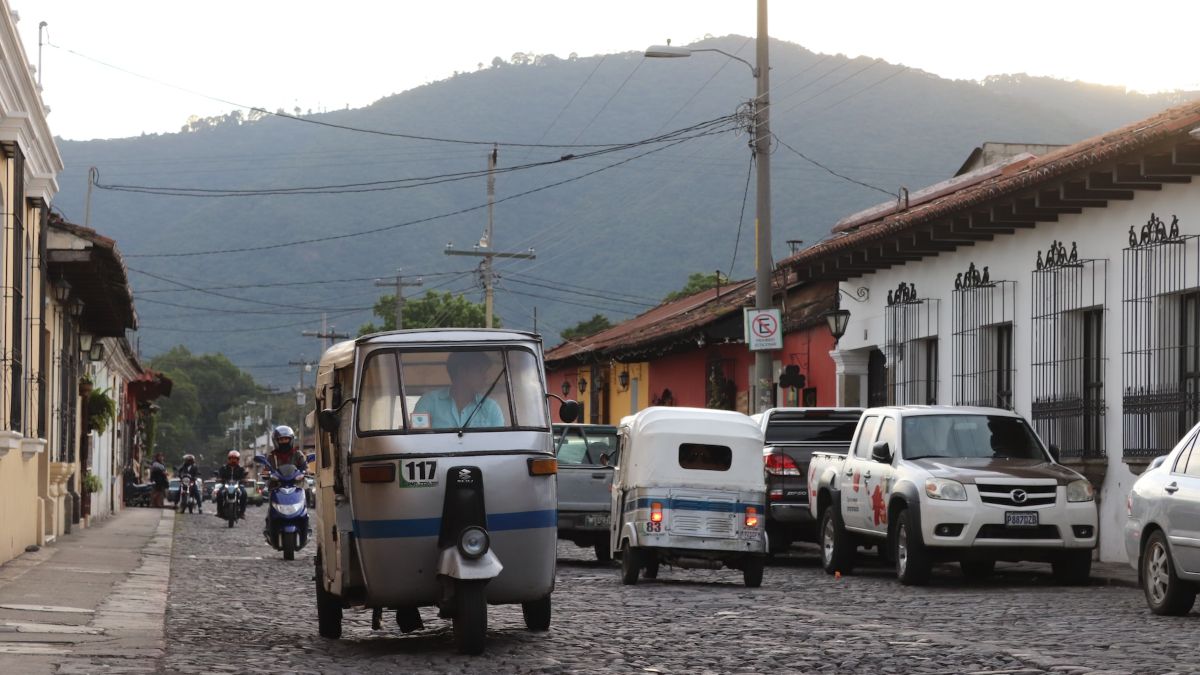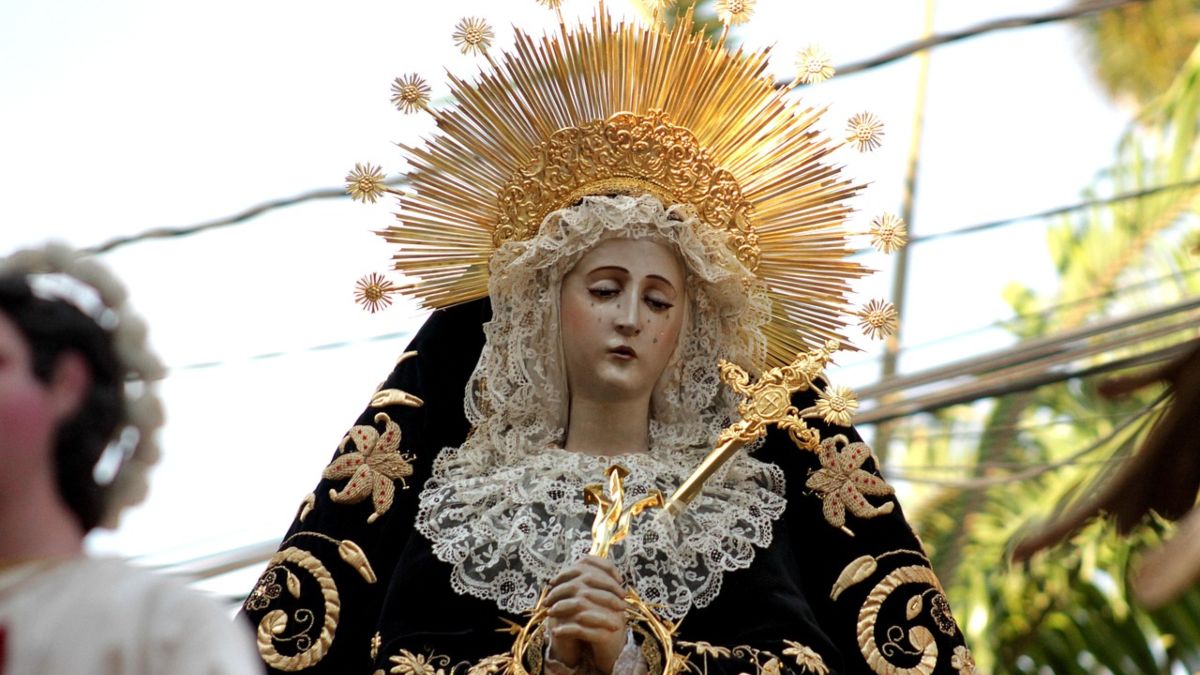A week after the election, Nestor Quixtan take a look at the upcoming new president of Guatemala and asks if he can succeed with his anti-corruption agenda, or is it just more of the same?
The dust is quietly beginning to settle on another election cycle in Guatemala. The last man standing this time around is Bernardo Arévalo, the son of former President Juan José Arévalo. It should be noted that I have always been a fan of former President Arévalo. He was a true reformer, seeking to transition Guatemala from a predominantly agrarian, feudalistic society into a burgeoning capitalist economy.
Arévalo’s presidency followed the October revolution of 1944 and came to be known as the “Springtime in Guatemala.” This period was characterized by the only authentic point in the country’s history where democracy ruled the land. President Arévalo won the 1945 election in a landslide, ushering in a new era promising to lift peasants out of poverty and misery after decades of dictatorship.
The first Springtime Government laid the foundation for much of the infrastructure that catapulted Guatemala into a leadership role in Central America. Sadly, the spring ended with the overthrow of Jacobo Árbenz in 1954. But that’s a story for another day.
Seventy-eight years later, another Arévalo has won the Guatemalan presidency. While this victory was hardly a landslide, it is no less significant. President-Elect Arévalo consistently communicated that the “spring” had returned to Guatemala. This message harkened back to his father’s days, offering a much-needed glimmer of hope.
But has springtime really returned to Guatemala? The answer depends on one’s perspective. Allow me to explore this question in further detail.
Voters elect the anti-corruption candidate Bernardo Arévalo as the next president of Guatemala in yesterday’s runoff election.https://t.co/Ch6mQHhMXn
— Central America Living (@VidaAmerica) August 21, 2023
The “Spring” is here
President-Elect Arévalo ran a similar campaign to that of Jimmy Morales. In 2015, Guatemala experienced a so-called renaissance after citizen protests led to the resignation of former President Pérez Molina amid a flood of corruption scandals that rocked the Guatemalan political elite. Since then, several of Pérez Molina’s cabinet members have been convicted and jailed, including former Vice President Roxana Baldetti.
Morales capitalized on the renaissance by running an anti-corruption campaign. He touted himself as the man who would put an end to corruption since he was a political outsider. Given his lack of political ties, he claimed he had no strings attached.
But it was also Morales who openly pursued the United States to support the expulsion of the CICIG, the UN anti-corruption commission. All then-President Trump wanted in exchange was for Guatemala to sign on to the Third Safe Country agreement. It was a convenient quid-pro-quo, as the Trump administration would not interfere with Guatemalan sovereignty as long as the Morales administration agreed to have asylum seekers first wander in Guatemala before attempting to enter Mexico.
This story is a cautionary tale underscoring the fact that Guatemalan society has been burned by anti-corruption candidates before. As such, the question arises: Can Mr. Arévalo truly eradicate corruption in Guatemala?
The answer is no.
Corruption is so deeply rooted in Guatemala that it resembles a hydra, that many-headed serpent of Greek mythology. For every head cut off, three or four more spring up. The fact is that the so-called spring has a tough uphill battle to contend with. While Mr. Arévalo seems genuine in his beliefs, we must be realistic. Tackling corruption in Guatemala is a Sisyphean task. I don’t mean to be pessimistic, but we must be honest. Four years is not nearly enough time to turn things around. Much more time and effort are needed to at least lay the foundation for what could become a real transformation.
A Guide To The Jimmy Morales Vs CICIG Guatemala Crisis https://t.co/FxPdwhnqOA#Guatemala #CICEG
— Central America Living (@VidaAmerica) September 24, 2018
The real battleground for Movimiento Semilla’s new government will be the National Congress
Mr. Arévalo’s party is a minority amid big fish known for their wheeling and dealing. Consequently, it is easy to envision that the incoming Arévalo administration will face a very hostile Congress that will surely do its best to disrupt the new administration’s plans.
There are three areas I believe will become serious points of contention:
- First, the national budget will become a major issue midway through 2024. The outgoing Giammattei administration should leave a firm budget in place before departing. However, the new Arévalo administration must deal with pressure from various angles. This pressure will significantly limit the new government’s ability to pursue its agenda. In short, if the Arévalo administration doesn’t cooperate, Congress will block their budget. This situation will lead to the new administration defaulting on several campaign promises.
- Second, the justice sector will become a significant headache for Mr. Arévalo. The current chief prosecutor and the anti-corruption state attorney have been pursuing Movimiento Semilla over alleged electoral fraud. While the case seems mostly baseless, the pressure is real. Consequently, it is clear that an unfavorable justice system stands to become a thorn in the new administration’s side.
- Third, Movimiento Semilla has openly advocated for a progressive agenda focused on various social reforms, such as legalizing drug consumption. While these reforms are not the issue, it must be noted that Guatemala is a largely conservative country. As a result, pushing too many social reforms too soon could tarnish the Arévalo administration’s image. Guatemalans may quickly become disenchanted with the new president, especially if they feel his policies do not adequately reflect the electorate’s core beliefs.
What challenges lie ahead for Guatemala’s President-elect Bernardo Arevalo?
➡️ https://t.co/1YLl5umemO pic.twitter.com/VvHUVD3kGU
— Al Jazeera English (@AJEnglish) August 26, 2023
A Lame-Duck President?
Certain social sectors have celebrated Mr. Arévalo’s victory as a masterstroke for democracy in Guatemala. The private sector has said all the right things in the press. The President-Elect has begun his administration with a call for national unity.
Unfortunately, Mr. Arévalo is likely to be a lame-duck president. He faces an uphill battle in the national Congress, a divided country, and less-than-favorable economic conditions. I don’t doubt that the new administration will do their best to push their agenda forward. However, I am less than optimistic that they will accomplish much.
It seems like the groundhog has seen its shadow.




